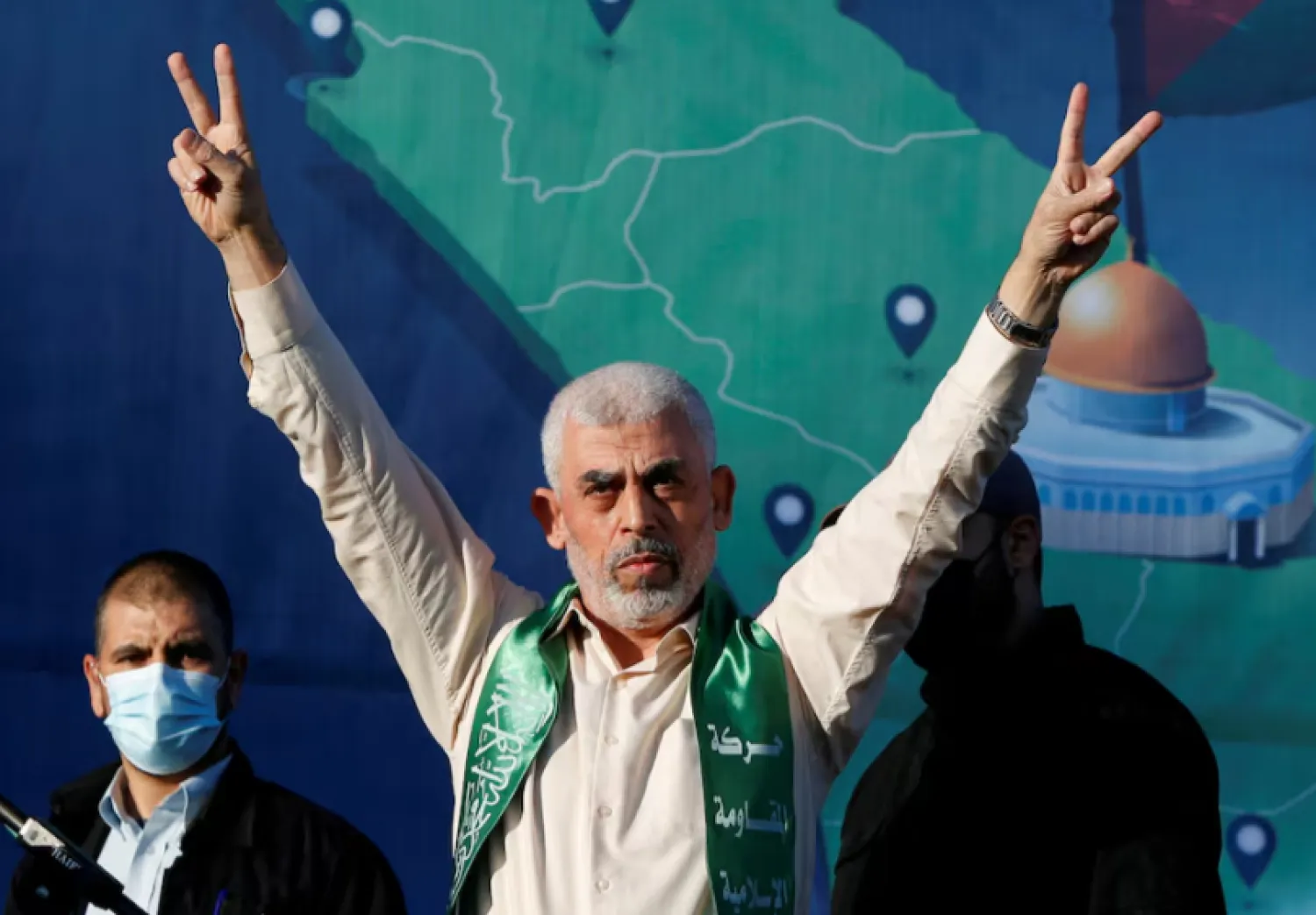Hamas leader Yahya Sinwar was the chief obstacle to securing a ceasefire in the Gaza conflict and his killing by Israel's defense force creates an "inflection point" that could accelerate talks to wind down the war, White House spokesperson John Kirby said.
"We believe, continue to believe, that finding an end to the war is critical, and we also believe that Mr. Sinwar's death ... can provide an inflection point to getting there," Kirby said, according to Reuters.
Despite the US optimism, Prime Minister Benjamin Netanyahu promised on Friday to press on with Israel's wars in Gaza and Lebanon, suggesting the Sinwar killing will do little to halt the fighting, at least in the short term.
Months of efforts by the United States, Israel's chief backer, to broker ceasefires with Hamas and Hezbollah have failed as Israel has pressed on with its wars, and archfoe Iran has appeared to be largely unable to match Israel's military might, including US weapons.
Kirby said ceasefire talks are not underway and he had no timetable for them to begin again.
"I wish I could tell you today that we're getting the teams back together in Doha, and we're starting afresh," Kirby said. "That's not where we are right now."
For his part, US Defense Secretary Lloyd Austin said on Friday that the United States called on Israel, Hamas and Hezbollah to seize opportunities for change following the killing of Sinwar.
"We'll see how things evolve," Austin said, when asked about Israeli Prime Minister Benjamin Netanyahu's vow to keep fighting.
"But clearly there are opportunities for a change in direction, and we would hope that, you know, parties would would take advantage of that, both in Lebanon, in Gaza and in Lebanon."
Austin also said that US Forces in the Middle East stood ready to support Israel's defense.









